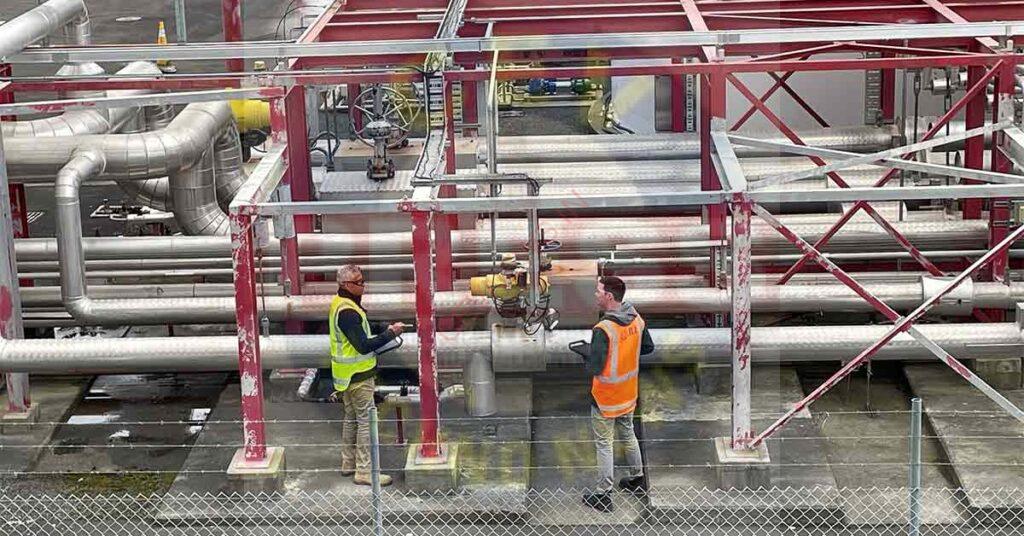VALUATION OF SPECIALIZED AND CUSTOM-BUILT MACHINERY
Valuation of Specialized and Custom-Built Machinery in India
Valuation of specialized and custom-built machinery is a critical aspect of financial and operational decision-making for businesses in India. The valuation process involves a comprehensive assessment of the machinery’s worth, considering various factors such as its condition, market demand, and potential for future use. This article outlines the key points in the valuation of specialized and custom-built machinery in India.
Importance of Valuation
Valuation of specialized machinery is essential for several reasons:
- Financial Reporting: Accurate valuation helps in presenting a true and fair view of the financial statements.
- Insurance: Determines the appropriate insurance coverage for the machinery.
- Sale or Purchase: Establishes a fair market price during transactions.
- Taxation: Assists in calculating depreciation and other tax-related computations.
- Collateral for Loans: Used as collateral for securing loans.

Key Factors in Valuation
1. Market Demand
The demand for specialized machinery in the market significantly impacts its valuation. High demand often translates to higher valuation and vice versa. Market trends and future prospects are analyzed to gauge demand.
2. Condition and Age
The physical condition and age of the machinery are crucial in determining its value. Well-maintained machinery with a longer remaining useful life is valued higher than older or poorly maintained machinery.
3. Technological Advancements
Technological advancements can render machinery obsolete. Therefore, the valuation considers the current technological relevance of the machinery. Machinery incorporating the latest technology tends to have a higher value.
4. Replacement Cost
Replacement cost is the amount required to replace the machinery with a new one of similar kind and capacity. This forms a baseline for valuation, adjusted for factors such as depreciation and obsolescence.
5. Economic and Regulatory Environment
Economic conditions and regulatory policies in India can influence machinery valuation. Favorable economic conditions and supportive regulations can enhance valuation, while unfavorable conditions can decrease it.
Valuation Methods
1. Cost Approach
The cost approach involves calculating the replacement cost of the machinery and then deducting depreciation to arrive at the current value. This method is straightforward but may not always reflect market conditions.
2. Market Approach
The market approach compares the machinery to similar ones recently sold in the market. This method relies on market data and is useful when comparable sales are available.
3. Income Approach
The income approach evaluates the machinery based on the income it is expected to generate in the future. This involves estimating future cash flows and discounting them to present value. This method is suitable for revenue-generating machinery.
Challenges in Valuation
1. Lack of Market Data
In India, finding comparable market data for specialized and custom-built machinery can be challenging due to limited transactions and market transparency.
2. Technological Obsolescence
Rapid technological changes can quickly render machinery obsolete, complicating the valuation process.
3. Regulatory Compliance
Adhering to diverse regulatory requirements across states can affect the valuation, as compliance costs need to be factored in.
4. Subjectivity in Estimates
Valuation often involves subjective estimates, especially in the income approach, leading to potential variations in valuation outcomes.
Valuation of specialized and custom-built machinery in India is a complex process influenced by various factors, including market demand, condition, technology, and economic environment. Different valuation methods, each with its strengths and challenges, are employed to determine the machinery’s worth. Accurate valuation is crucial for financial reporting, insurance, transactions, taxation, and securing loans, making it an indispensable part of business operations.


